A recent string of SCOTUS rulings protect the freedom of religious expression that is vital in a diverse nation... allegedly. "Free" isn't exactly how most of us would describe it though.
How free are you if you can't even buy a box of condoms on your honeymoon because someone who isn't in your relationship said no?
Or when vague policies allow men to purposefully harass a woman and then hide behind an obviously insincere claim it's "what my faith demands?"
"Freedom" may have been what the SCOTUS judges claimed to be aiming for, but vague rulings and the company policies that get written to align with them leave the door open for incidents like what happened to Jessica Pentz while on her honeymoon in Wisconsin.
Walgreens company policy, for example, allows employees to step away from any and all transactions they don't morally agree with.
They are supposed to go get a manager or other cashier to complete it, which creates a scene and slows service for other customers at best.
In reality, these types of policies have led to transactions being fully denied because there was no one else on staff to complete them.
When Jessica realized she had forgotten her birth control back home, she figured it was no big deal. Her and the new hubby would just grab a box of condoms before they kicked back to enjoy married life.
Jessica stopped at a nearby Walgreens in Hayward Wisconsin, grabbed her items, and went to the register.
Her items included a box of condoms.
As soon as she got to the register, a cashier named John looked at her items, gave a slight grin and told her he wouldn't sell them to her. Thinking he must be trying to tell her there's a pricing issue or he didn't recognize the item, Jessica told the cashier what area of the store she got them from.
The cashier clarified that the store sells them, but he, as the cashier, was refusing to ring up the condoms and sell them to her - because of his faith.
Jessica told him her items were none of his business, but the clerk smugly told Jessica "this was what my faith demands." Sorry.
Pentz was quick to call the cashier out on that apology since his behavior was obvious.
"You're not sorry."
John called for a manager, which meant Jessica had to stand there waiting as a line formed behind her.
Once the manager arrived, he had to pause the transaction, log the cashier out of the registers software, log himself into the registers software, complete the transaction, and log himself back out of the software so the cashier can log back in.
Except John had walked away smirking while all of that was going on.
Jessica was eventually able to get her condoms, but it took ages and made her feel unsafe as the only woman in a store full of increasingly annoyed men.
One of those men caught up with her in the parking lot, but it wasn't to harass her or anything. His annoyance was aimed solely at John the cashier, who that customer could see smirking through the transaction.
The customer, a man named Alec Jeffrey, wanted Jessica to know he had witnessed the whole thing, he could hear everything said and see the cashier's expressions. It was clear to him that the cashier was enjoying his power-trip while pulling a stunt.
Alec told Jessica:
“It was complete bulls**t, and you handled that way better than I would have.”
Walgreens is unlikely to reprimand the employee since they technically followed policy.
There is nothing requiring that the employees beliefs be sincere, long-standing, documented with the company, etc. It just says anything they don't morally agree with, so there's nothing stopping an employees morals from suddenly changing based on the customer.
Jessica doubts John would have refused to sell condoms to a man, married or not, the way he refused to sell them to her as a newly married woman.
There are no policies that say you can't smirk at a customer during a transaction.
There are no policies against any of John's individual actions as long as he claims they align with his faith - sincere or otherwise.
Without that claim, this is a clear instance of discrimination, intimidation, and harassment.
When asked about the incident, a Walgreens spokesperson backed John, saying be had acted within the companies policies.
The whole incident has left Jessica concerned for what these policies might mean. We've already seen women denied medications, and now that it's happened to her and the store did nothing, she's worried it could happen to anyone.
What could that incident have looked like with a less confident young woman? What lifelong impact might a smug and obviously insincere cashier's power-trip have on people who are consistently denied contraceptives? What might have happened if the customers were less like Alec and more like John - would that young woman have been in danger?
In speaking to the Tribune, Jessica made it clear she knew she wasn't the first woman to be targeted this way and have no recourse.
She had heard about other incidents.
"I feel bad that I thought, 'It won't happen to me.' But it did. It could happen to anyone."
Walgreens has stated via Twitter reports of the incident have been "shared with leadership" but no resolutions or policy adjustments have come forth even after numerous similar situations.



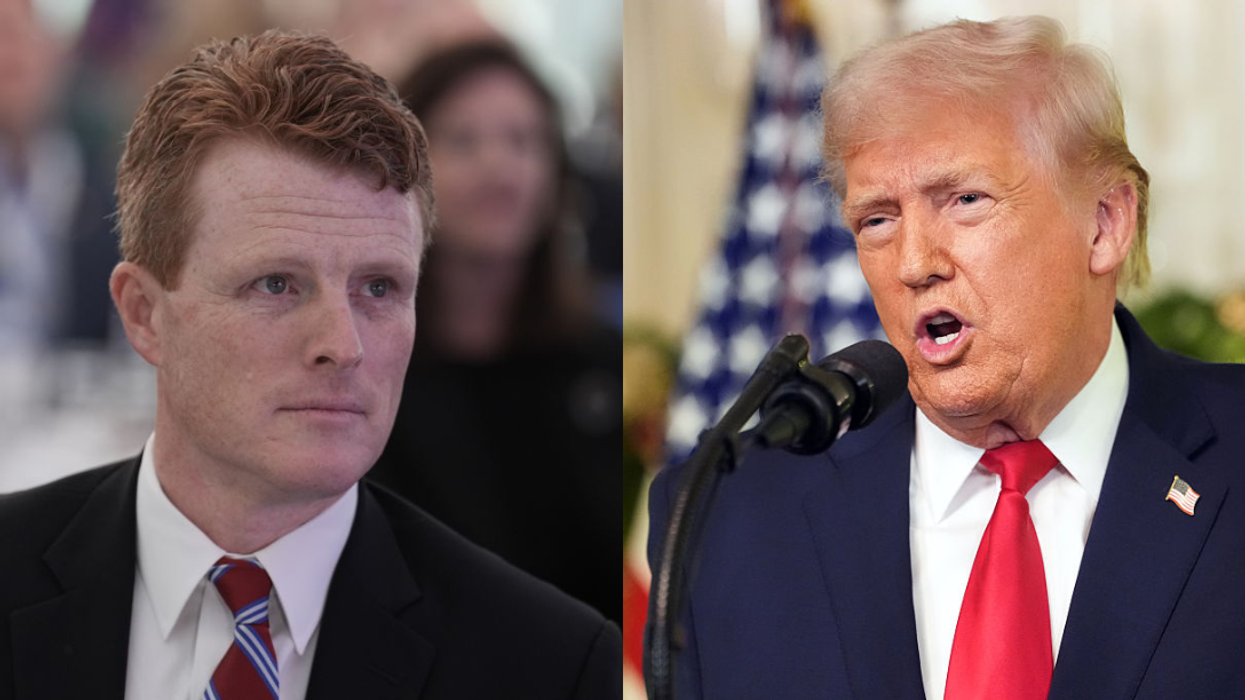
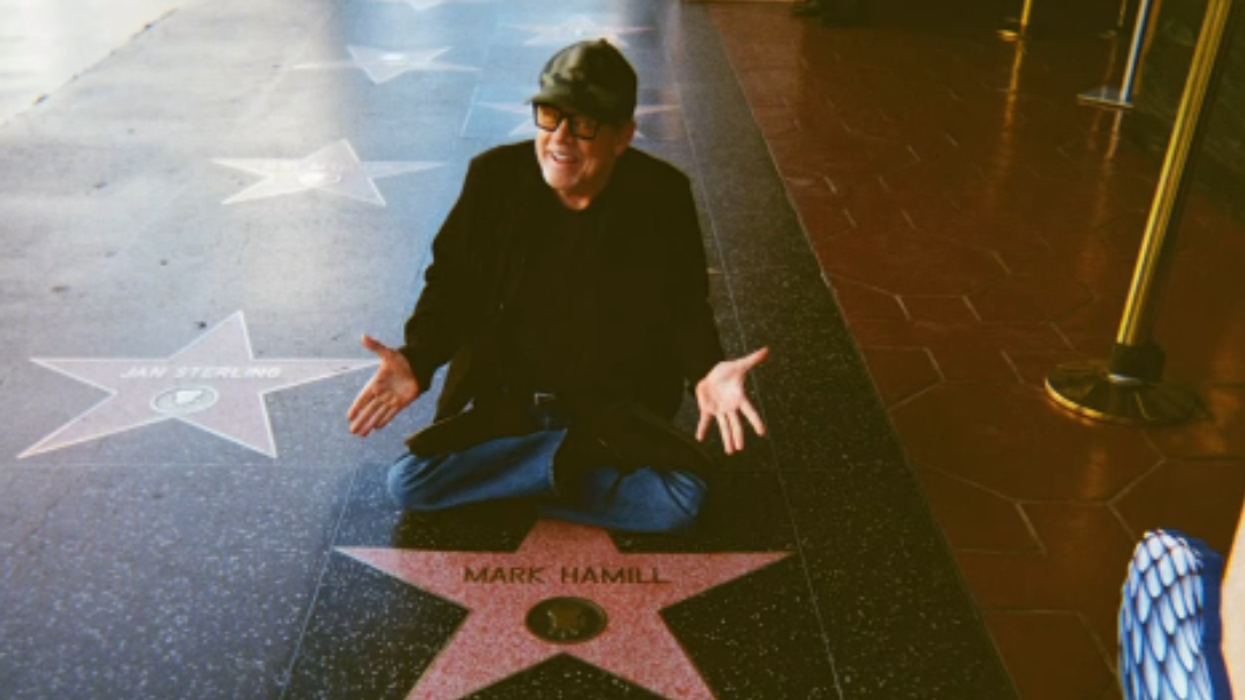
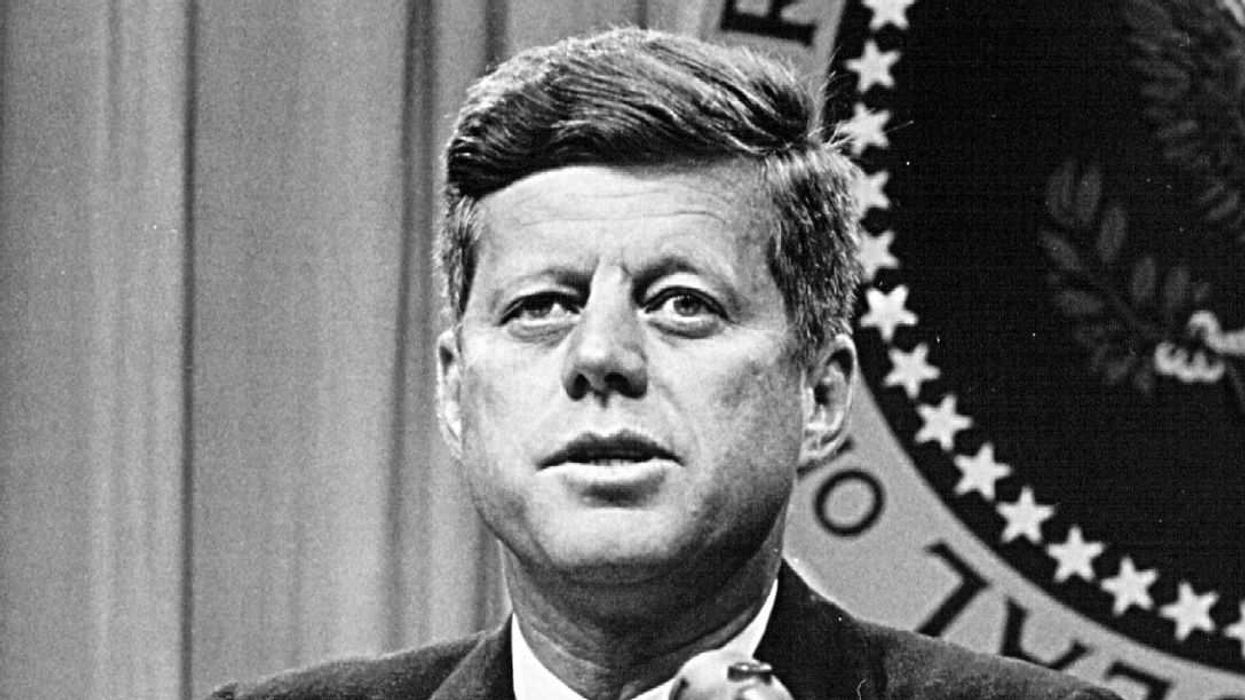

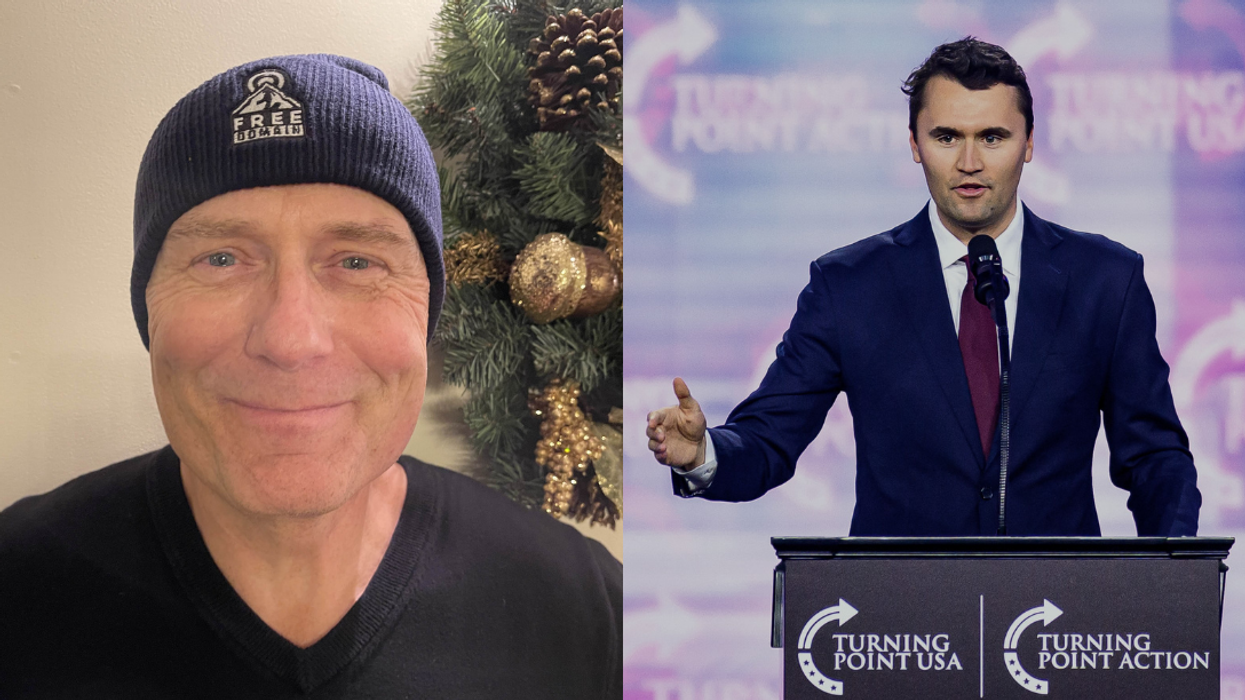
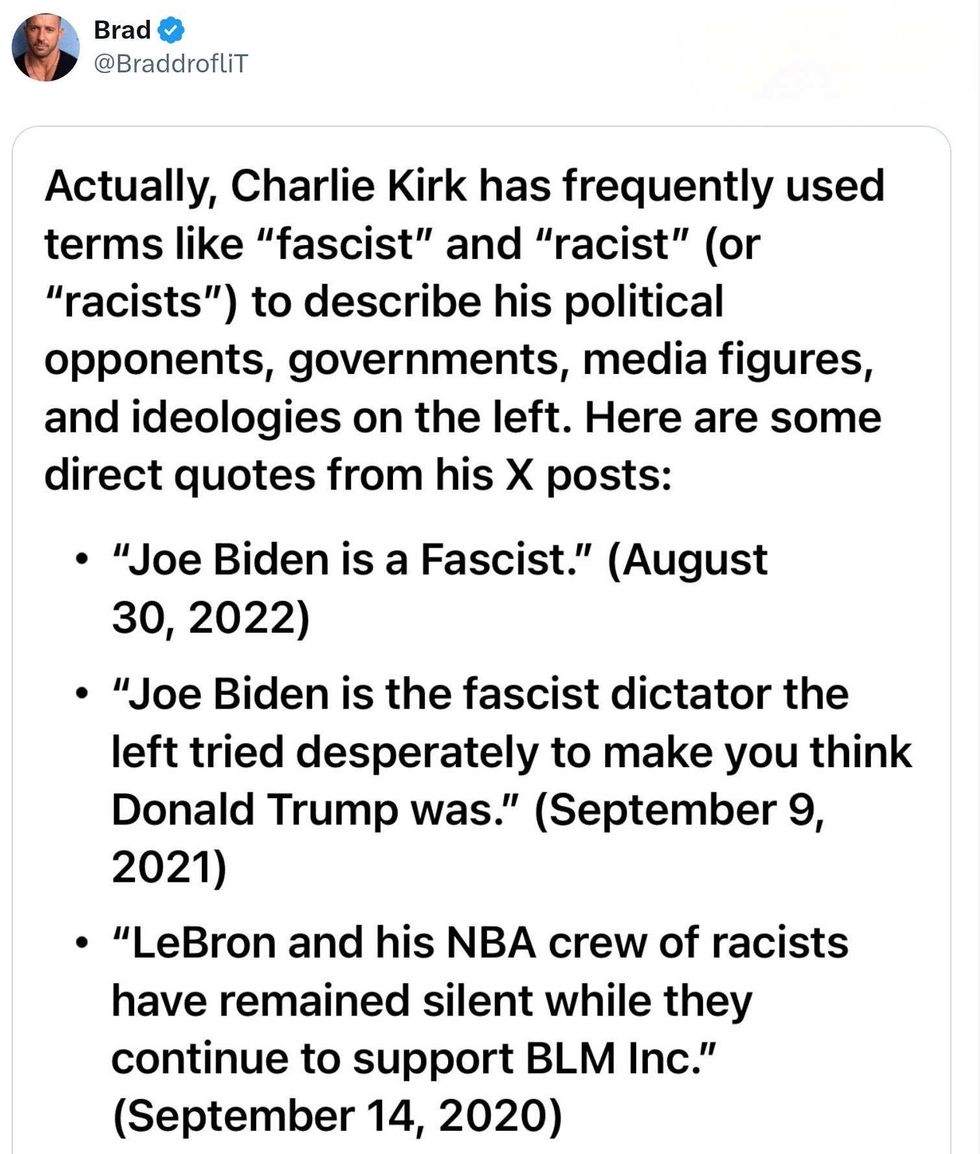
 Replying to @StefanMolyneux/X
Replying to @StefanMolyneux/X Replying to @StefanMolyneux/X
Replying to @StefanMolyneux/X Replying to @StefanMolyneux/X
Replying to @StefanMolyneux/X Replying to @StefanMolyneux/X
Replying to @StefanMolyneux/X
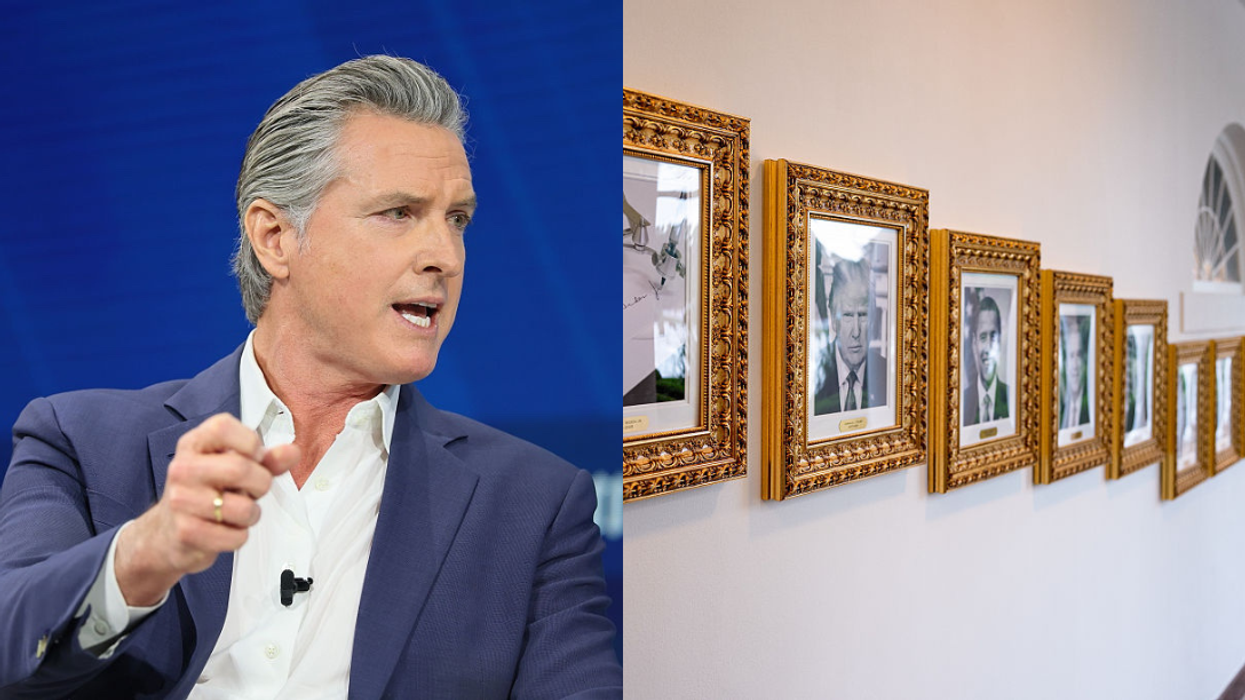



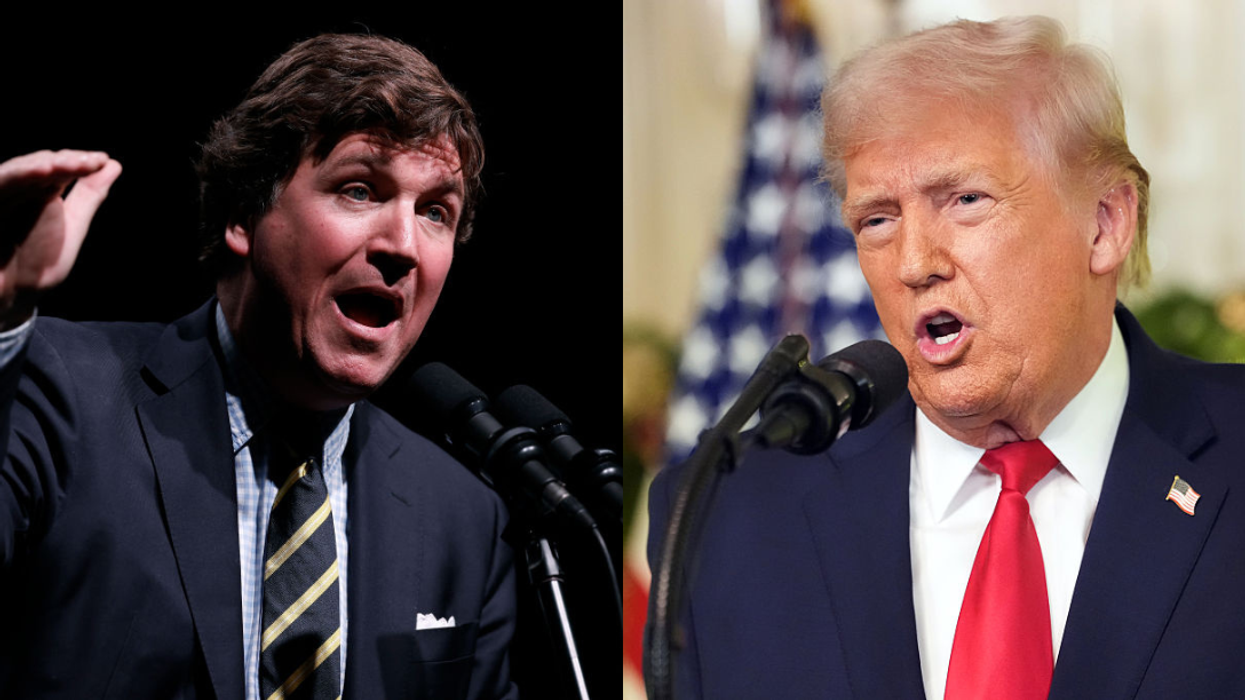
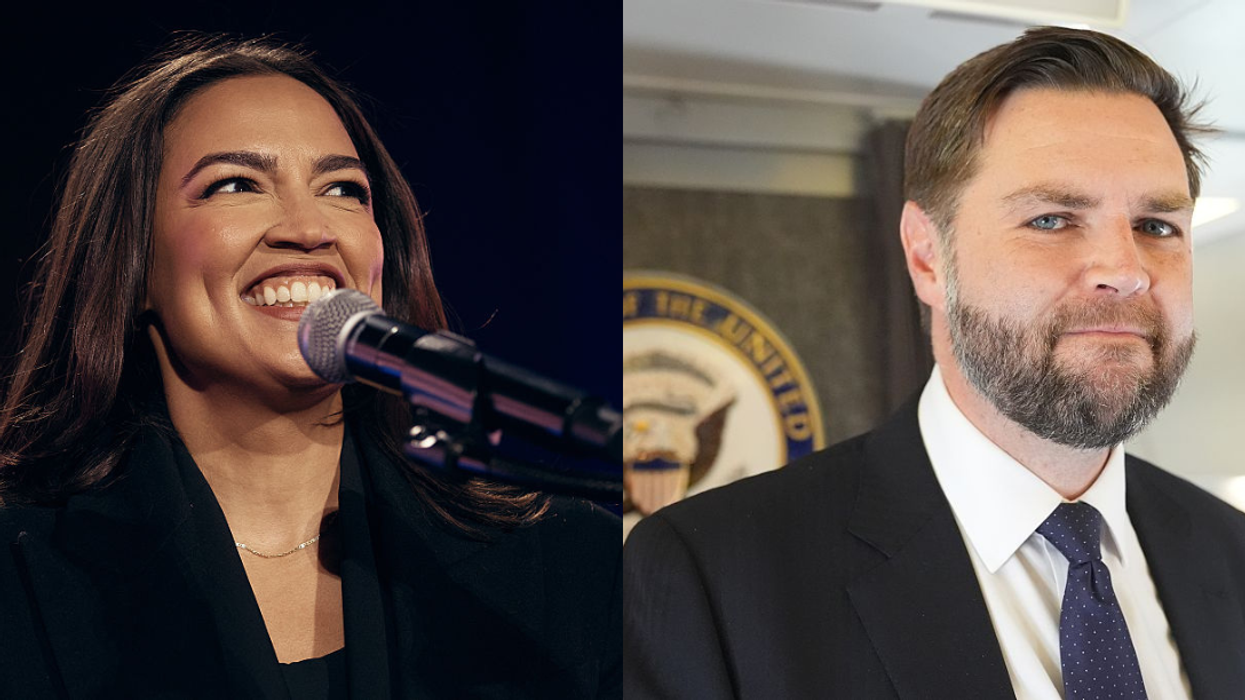


 Playing Happy Children GIF by MOODMAN
Playing Happy Children GIF by MOODMAN  May The Fourth Be With You
May The Fourth Be With You 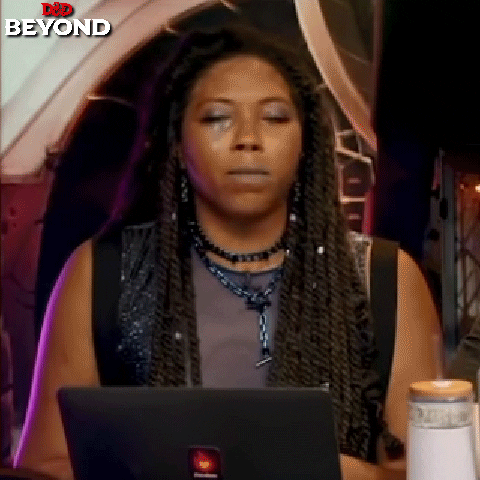
 Nhh GIF by New Harmony High School
Nhh GIF by New Harmony High School